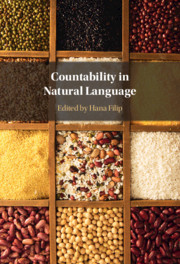Recent studies have shown that sound-symbolic patterns can be modelled using phonological theory. The purpose of the current study is to describe a new Japanese nicknaming pattern, pime-yobi, wherein [h] alternates with [p] to express cuteness, and to model it using Maximum Entropy Harmonic Grammar. The current study, building on the analysis of Alderete & Kochetov (2017), proposes a sound-symbolic constraint, Express[p], which requires output forms to contain [p]. The results of two experiments show that Japanese speakers found names containing [p]s to be cuter than those without them and that pime-yobi nicknaming exhibits intra- and inter-speaker variation in acceptability and cuteness. Based on these results, theoretical analysis shows that the weight of Express[p] varies both across different speakers and within the same speaker.


